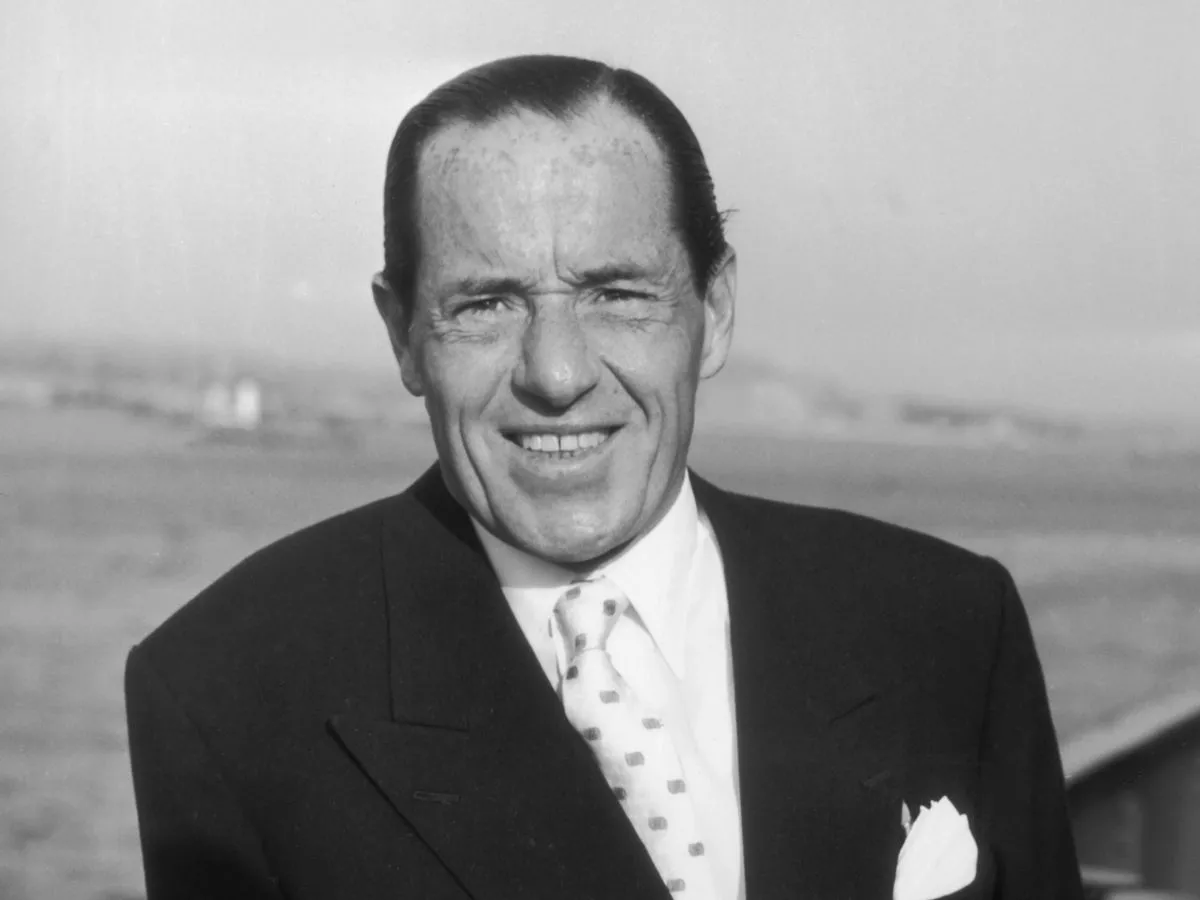Copyright marketwatch

Anxious Ortho If you’re just starting out on your money or career journey and have questions about how to navigate your finances, we want to hear from you. Write to Dollar Signs, MarketWatch’s new advice column, at dollarsigns@marketwatch.com. Dear Anxious, I’m not sure about the circumstances under which you inherited $50,000, and I’m sorry if this influx of cash is due to a tragedy. Silver linings don’t eclipse misfortune but, as their name implies, they can make a less-than-ideal situation a little brighter. As I’m sure you know, receiving a large sum of money at your age is rare. The reason you’re having some anxiety about it might be that this is an outlier for how funds end up in your account, and you want to make the most of this opportunity. However, I think you need to be a little more realistic about what exactly this money can do for you — mainly because the type of investment you are looking for isn’t really feasible, if you want to grow this money over time. “For short-term investing, there is no way to get a high rate of return with no risk because that animal doesn’t exist,” said Mark La Spisa, a certified financial planner and president of Vermillion Financial Advisors in Barrington, Ill. Still, there are investments outside of a Roth IRA worth exploring. Short-term government bonds matching the time period over which you want to invest is one option, La Spisa said. These offer a relatively short maturity period, usually one to three years. He also suggested investing in a hybrid online money-market account, which combines savings- and checking-account options. Online banks like SoFi I’m sensing a deeper issue at play, though. I’m gleaning from your letter that you’re not confident about managing your finances. You’re worried you’ll do the wrong thing with your money. But to me, you read as very responsible. Along with investing your money, I’d invest some time in learning how to trust yourself. If you build up a bit of risk tolerance, you could invest in exchange-traded funds, or ETFs, that track different stock-market indexes like the S&P 500 I’m also curious as to what your timeline is for setting up your own practice. If you invest your $50,000 in an index fund and add a chunk of money to it every year for the next 10 years, you can build up a sizable nest egg to help start your orthodontics business. From the archives (August 2025): Think the S&P 500 is too expensive? Check out these ETFs instead. Typical budgeting advice doesn’t consider large windfalls Your question is common for someone with an inheritance, said Nashira Lynton, a financial therapist and founder of Renewed Wealth Therapy. “When people inherit money, they are so indecisive,” she said. “They struggle. They want someone to tell them the answer.” This is partially because large windfalls of cash don’t usually figure into typical budgeting advice. The 50/30/20 rule, for example, doesn’t say anything about what to do with an unexpected $50,000 inheritance. “This money has no job,” Lynton said. “Because it doesn’t have a job, it will just sit there and cause them anxiety. And they are worried they are going to waste it.” One way to ensure you’re making a decision you’ll be happy with is to ask yourself, “What do I want this money to mean in my life?” Lynton suggested. You mention wanting to pay off debt and start your own practice. Whatever choice you make should be informed by those desires. I also want to make clear that your being conflicted about what to do with your money is a good sign. Oftentimes, we frame anxiety as a negative emotion when it’s really just an indicator that change is coming — and you can either embrace it or resist it. This feeling of unease is not “evidence something is wrong,” said financial therapist Amanda Clayman. “Anxiety is our body’s physiological signal that we need to step out of a behavior pattern.” When people are anxious, they often choose the path of least resistance to avoid sitting in the discomfort of uncertainty for very long. “We try to skip over all of that [discomfort] because it’s too emotionally overwhelming,” Clayman said. That’s when people make hasty decisions that don’t totally align with their goals. It doesn’t seem to me like you’re in danger of falling into that trap. Your letter shows me you’re slowing down, gathering information and trying to make an educated choice. Ultimately, it’s not all that important whether you decide to invest in a short-term bond or an online money-market account, or go in a totally different direction — as long as you’re moving forward with confidence.



